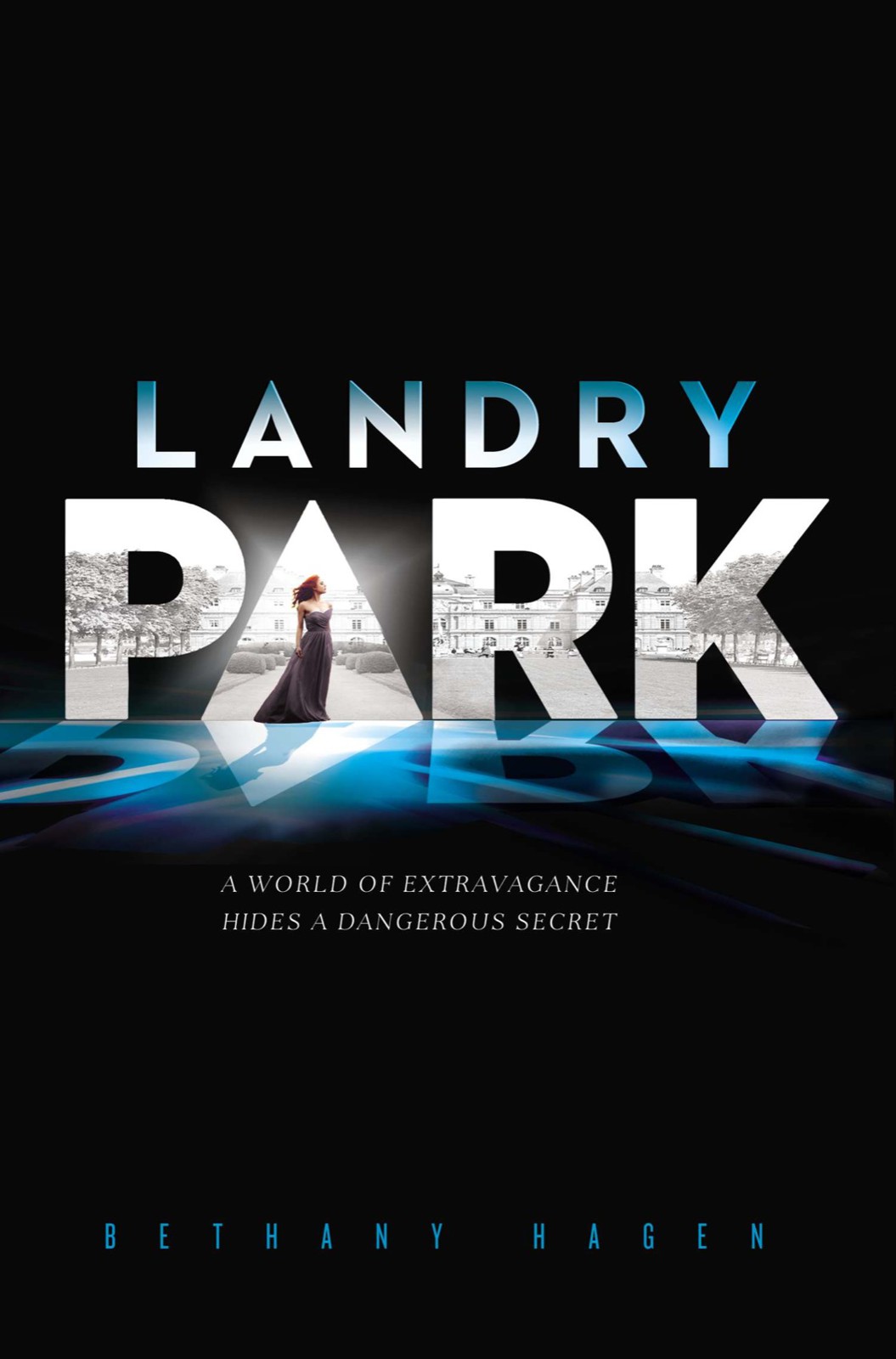
Landry Park
Landry Park Series, Book 1
فرمت کتاب
ebook
تاریخ انتشار
2014
Reading Level
5
ATOS
6.2
Interest Level
9-12(UG)
نویسنده
Bethany Hagenشابک
9781101594155
کتاب های مرتبط
- اطلاعات
- نقد و بررسی
- دیدگاه کاربران
نقد و بررسی

November 18, 2013
Hagen’s debut has ambitious goals—forecasting a world reliant on nuclear power, commenting on social oppression, and delivering a romance filled with longing—but falls a little short. Madeline Landry, 17, is heir to the vast Landry Park estate in Kansas City, built by a revered ancestor, Jacob, who invented the “Cherenkov lantern” that now powers the world. A member of the privileged gentry, Madeline is subject to frequent teas, formal debuts, and a constant stream of suitors. Her father is a powerful figure whose main goal is keeping the lower-class Rootless under his thumb. Madeline resists all suitors until she meets dashing David Dana, who flirts shamelessly but escorts Madeline’s archrival to her debut. When Madeline isn’t suffocating in taffeta, she appears destined to become a courageous champion of the underclass, though she makes little progress in this trilogy opener. Despite the claim that the “boundaries of race and gender and religion fell away” in the establishment of this technologically advanced society, it’s unclear why attitudes toward women have regressed to mirror that of the 19th century. Ages 12–up. Agent: Mollie Glick, Foundry Literary + Media.

December 15, 2013
Regency romance sits uneasily in a dystopian throwback future. Poor little rich girl Madeline Landry wants to go to university before marrying and inheriting one of America's most important estates. Madeline's world is an odd amalgam of romantic notions of history and dark, postwar future. The western half of the United States fell years ago to "China and her allies," exotic faceless caricatures who smuggle "plum wine, opium, and jade" and who don't fight like "civilized armies" but are "brutal" when they "swarm." Meanwhile, the gentry's entire society rests on its enslavement of the Rootless, a diseased underclass responsible for maintaining the nuclear power invented by Madeline's own ancestor. From within the cozy confines of her silken prison, Madeline realizes that forcing children to dispose of spent uranium while providing only enough medical care for them to stay fertile is a little gauche. Along with a few interestingly complex secondary characters, Madeline learns about the caricatured evil underlying her luxuries. Will she be able to assuage her conscience by merely scattering largesse to the populace out of a sense of noblesse oblige, or will she be forced to make any actual sacrifices? Regency romances can combine well with science fiction (Lois McMaster Bujold's accessible adult novel A Civil Campaign (1999) does so brilliantly), but this awkward merger of the two will convince few. (Science fiction. 12-14)
COPYRIGHT(2013) Kirkus Reviews, ALL RIGHTS RESERVED.

March 1, 2014
Gr 9 Up-In a postapocalyptic United States, Madeline Landry, descendant of the scientist who developed nuclear-powered lanterns, enjoys a life of privilege, but she would rather attend university than be groomed for marriage and the eventual inheritance of the Landry estate. In this castelike society with a mishmash of Victorian/Regency/Edwardian norms, the 17-year-old's family is part of the gentry class that subjugates the lower-class Rootless to handle the nuclear-emitting light sources-a task that Madeline later discovers causes a slow and painful fate. The arrival of David Dana, a charming but secretive suitor, and a brutal attack on Cara, Madeline's lifelong frenemy, are the catalysts for not only the rich girl's rebellion but also the complete upheaval of the status quo. Hagen's debut is filled with luxurious language, swoon-worthy love interests, and exceptional world-building that doesn't bog down the narrative. While the novel's treatment of class is intriguing, the dismissal of race as a factor is problematic. While status, not ethnicity, determines acceptance in this stratified new order (several gentry members are people of color, and the protagonist is half-Latina), war with the Eastern Empire (Asian countries) is named as the primary cause of America's demise. The elite continue to vilify the Eastern Empire as much as the Rootless and are seen as a constant threat. Still, the cast of fully developed characters, pervasively sinister mood, and thrilling love story will keep readers turning the page, even if they'll be able to predict some plot twists before they occur. This first book in a trilogy will appeal to fans of Diana Peterfreund's Darkness Shows the Stars (HarperCollins, 2012) and Catherine Fisher's Incarceron (Dial, 2010).-Shelley Diaz, School Library Journal
Copyright 2014 School Library Journal, LLC Used with permission.

























دیدگاه کاربران